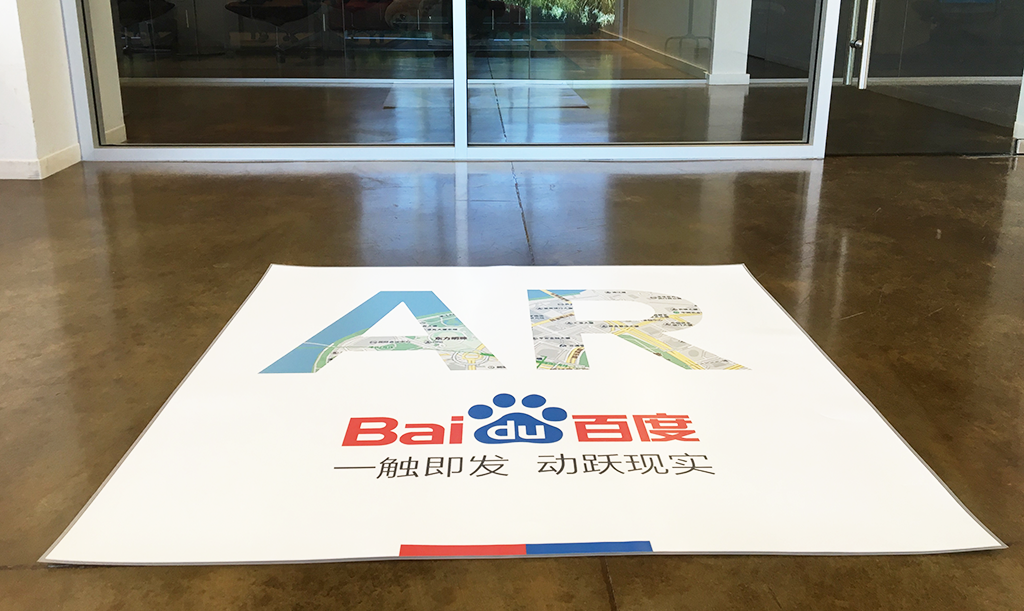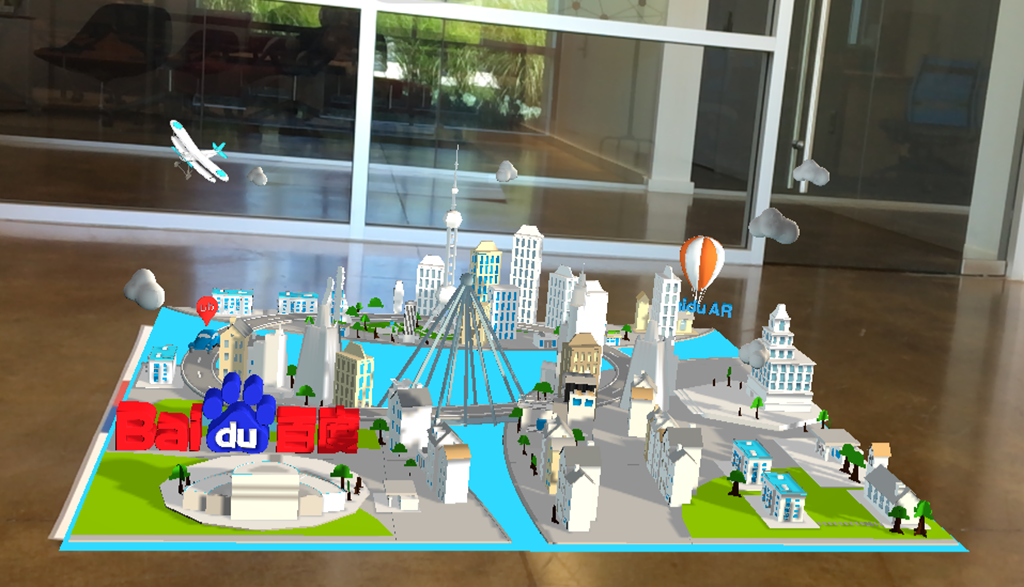A month ago, the idea of using a smartphone to engage with a vast, augmented reality world seemed interesting but niche. Then a small, semi-popular mobile app called Pokemon GO premiered and now augmented reality — while not yet a household name — is at the very least a household experience. In very short order, people have gone from unaware and apathetic when it comes to AR, to using it on a daily basis. More AR experiences are on the way and to that end Baidu — a massive Chinese company that mirrors Google in many ways — is releasing a new smartphone-powered augmented reality platform.
Baidu is China’s leading search engine and the AR program it is pioneering is called DuSee. The plan is to integrate DuSee with leading Baidu apps, including the search engine itself, to create powerful, immersive experiences.
Andrew Ng, the company’s chief scientist, said of DuSee, “the path to better AR is through better AI…The platform uses sophisticated computer vision and deep learning to understand and then augment a scene.”
This emphasis on computer vision will pave the way toward what Baidu considers to be the next generation of AR in the world. Apps like Pokemon GO, while popular and fun, merely juxtapose one digital image on top of the real world image with very little thought given to the context of the real world. Baidu’s emphasis on computer vision and deep learning hope to take this process to greater levels of interaction.
“The next generation of AR apps will use AI to understand the 3D environment and create virtual objects that have rich interactions with the user and the real world. We are excited about future directions such as integrating AR with speech recognition and natural language processing,” said project Director Yuanqing Lin.
In addition to the flyer example shown in the video above, Baidu is also showing a series of photos that demonstrate a map-to-life usage of the DuSee platform.
A representative from the company explained more of what’s taking place in these images:
“This augmented reality demo from Baidu shows a poster containing a map of Shanghai. When users of the Mobile Baidu app point their smartphones at the map, a virtual 3D representation of Shanghai appears on the smartphone screen. This demonstrates how AR can “unlock” a map, and present new kinds of information in applications such as advertising, entertainment and tourism.”
As time progresses more and more use cases will be added to the DuSee platform. Baidu and China certainly have the population density and tech-savvy culture required to drive a new era of AR popularity in The East.



























